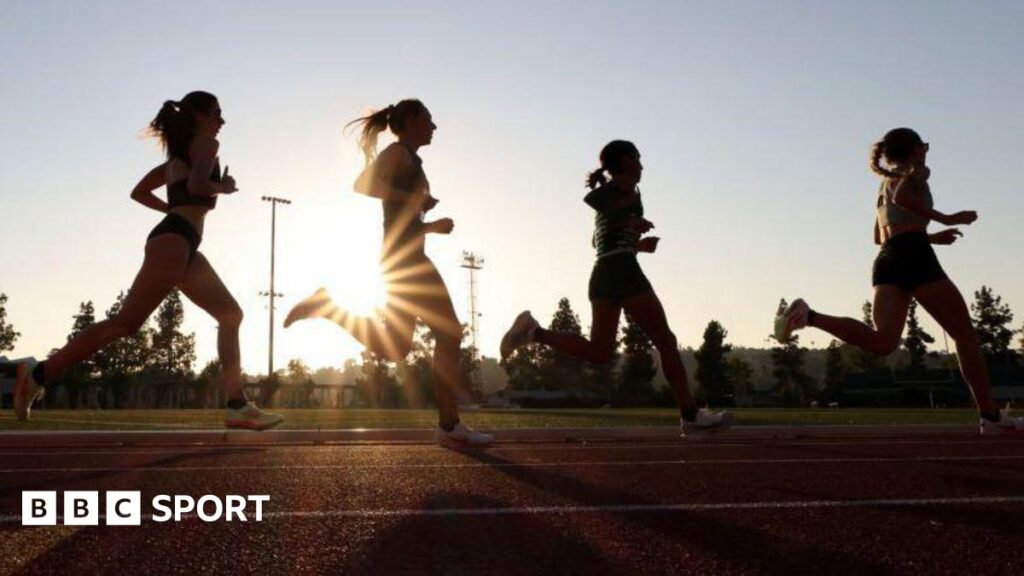World Athletics is within “touching distance” of carrying out gene testing on all female athletes before the start of the World Athletics Championships in Tokyo.
Rules requiring all athletes in the female category of world ranking events to take a one-time gene test came into force at the beginning of September.
World Athletics says the sex screening – which detects the presence of a Y chromosome – is to protect the integrity of women’s competition.
Speaking on the eve of the championships on Friday, World Athletics president Sebastian Coe said at a media conference: “We were on 95% the other day, we’re inching our way there [to 100%] and we will be within touching distance.
“It’s had its challenges, but we are pretty much there and I’m really pleased that we agreed to do that.”
The sport’s governing body is aiming to test all athletes competing as women before the start of the World Championships, but they will not necessarily all be validated in time.
Lord Coe has admitted the time frame has been “tight”, and that there has been “added complexity” because genetic testing for non-medical reasons is outlawed in some countries, such as France and Norway, so some athletes have had to give samples overseas.
A group of Canadian athletes also had to be retested after a reported ‘test-tube error’ meant their cheek swabs failed to comply with requirements.
Coe told BBC Sport on Thursday: “The overarching principle is a very simple one: Do we want to protect the female category? Do we believe the promotion and preservation of that category is sacrosanct in sport? Yes, we do, and we’re doing what we believe.”
He added: “They are being conducted to absolutely accepted international medical standards. The data is secure. The discussion, if it needs to take place, will only take place between a medical delegate and the athlete.”
But how does the latest attempt to tackle one of sport’s most contentious issues work? How did we get here, are there concerns, and what are the implications for the debate around gender eligibility? BBC Sport answers the key questions.

